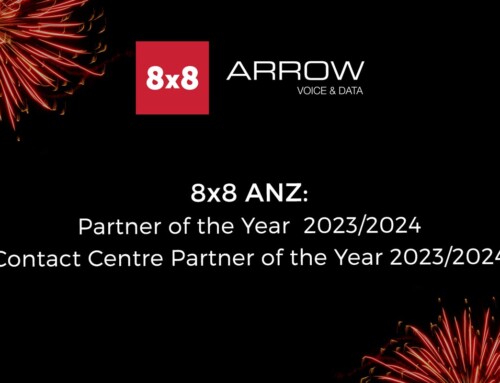Gone are the days of tangled wires and muffled calls. Wireless headsets have become a staple in our dynamic and mobile work environments. But with two major technologies, Bluetooth and DECT (Digital Enhanced Cordless Telecommunications), vying for your attention, choosing the right one can seem complicated.
This post will guide you through the key differences between Bluetooth and DECT headsets, empowering you to select the perfect fit for your business needs.
Bluetooth: Versatility for the Mobile Workforce
Think portability and multi-device connectivity, and Bluetooth immediately comes to mind. These headsets effortlessly pair with smartphones, tablets, and laptops, making them ideal for on-the-go professionals, frequent travellers, or those juggling multiple devices throughout the day. Bluetooth also boasts a vast selection of styles and price points.
However, Bluetooth comes with limitations:
DECT: The Long-Range Powerhouse
If stability, range, and superior audio quality are your priorities, DECT headsets are your answer. These headsets connect to a base station, providing crystal-clear calls at distances exceeding 100 metres, perfect for spacious offices or warehouses. DECT technology is engineered specifically for voice communication, minimising interference and maximising audio fidelity, making it a preferred choice for professional environments where call clarity is paramount.
But DECT also has its own considerations:
So, Which Headset Reigns Supreme?
The answer, like most business decisions, is “it depends.” Consider your specific needs and priorities:
Still Unsure? We’re Here to Help!
Choosing the right wireless headset can seem like a complex decision. At Arrow, we’re experts in cloud communications and managed IT services, including IT hardware procurement.
We’re partnered with leading technology providers including Poly, Jabra, and Yealink.
Our team can analyse your specific business needs, recommend the perfect headset solution, and even source and procure the equipment for you. Let’s ensure your team enjoys seamless communication and boosted productivity.
Contact us today for a free consultation!
- Photo by Mikhail Nilov from Pexels






